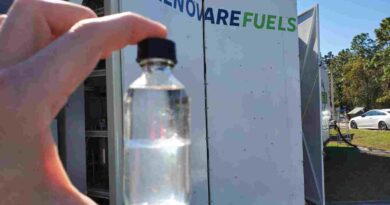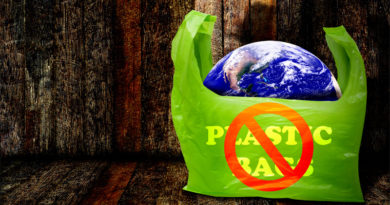Thailand to Ban Imports of Electronic Waste
 e waste thailand
e waste thailand
Thailand will ban imports of 432 types of scrap electronics within six months, an environment ministry official said on Thursday, amid looming fears that the Southeast Asian nations are quickly becoming the new dumping ground for the world’s trash after China banned the import of several types of waste, which surfaced as the ban on ‘Foreign Garbage’. China was the destination for 70% of the world’s E-waste, thanks to being the major contributor to the problem too. Thailand’s ban comes weeks after regional neighbour Vietnam said it would stop issuing new licenses for waste imports and crack down on illegal shipments of paper, plastic and metal.
The ban will cover a wide range of electronic wastes from electronic circuit boards to old television and radio parts. A total of 432 products will be banned once the policy becomes official in February.
E-waste, commonly defined as any device with an electric cord or battery, can be mined for valuable metals such as gold, silver and copper. However, the risks outweigh the gains as they also include hazardous material such as lead, mercury and cadmium, which are capable of critically polluting land and water resources.
Among the items that will be exempted from the ban are electronic appliances and second-hand devices which can be repaired and reused. Besides this, scrap metal, including aluminium, copper and steel, can still be imported for industrial use but must adhere to provisions set by the government.
Since the ban was imposed by China on the import of waste in April this year, E-waste that was once destined for China has found its way into Southeast Asian countries. And these countries now need reforms in policies to stop the illegal import of waste. Sources close to the Environment ministry claim that Thailand will look to impose a ban on import of plastics in the coming years.
Thailand’s military government has said improving the country’s waste management infrastructure is a priority and have set goals for 2021. They included cutting the use of plastic bags and bottles in government agencies and businesses and plastic bans in tourist destinations. A tax on plastic bags has also been mentioned, along with a target to recycle up to 60 percent of plastic by 2021.
Readers might be surprised to know that the tourism friendly south-east Asian countries have a pretty spotty record when it comes to plastics and E-waste pollution. Both areas that they are finally waking up to, by banning, restricting or even effectively quarantining beaches and other popular areas to allow them to recover naturally.




